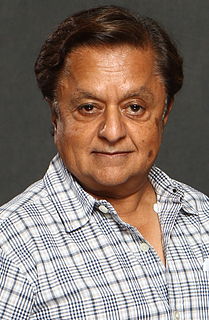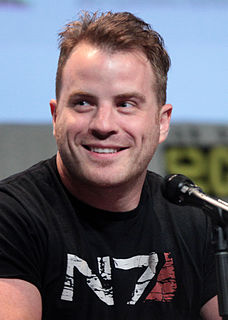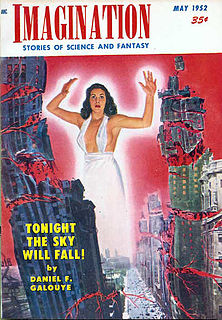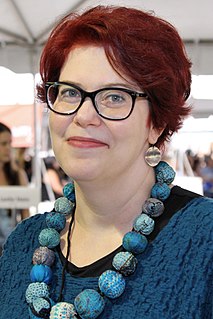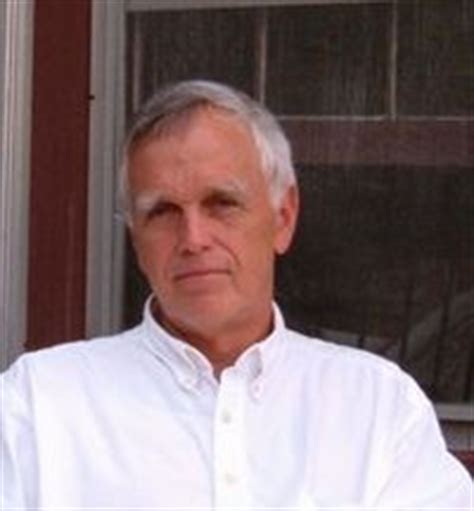A Quote by Matt Groening
We have 'Doctor Who' references on 'Futurama,' but we have a lot of science fiction references that I don't get; but in the staff we have experts on 'Star Trek,' 'Star Wars,' 'Doctor Who' and 'Dungeons and Dragons.'
Related Quotes
Most of what I do is science fiction. Some of the things I do are fantasy. I don't like the labels, they're marketing tools, and I certainly don't worry about them when I'm writing. They are also inhibiting factors; you wind up not getting read by certain people, or not getting sold to certain people because they think they know what you write. You say science fiction and everybody thinks Star Wars or Star Trek.
While the emphasis on effects became a catastrophe for science fiction, it was a relief for the capitalist culture of which 'Star Wars' became a symbol. Late capitalism can't produce many new ideas any more, but it can reliably deliver technological upgrades. But 'Star Wars' didn't really belong to the science fiction genre any way.




